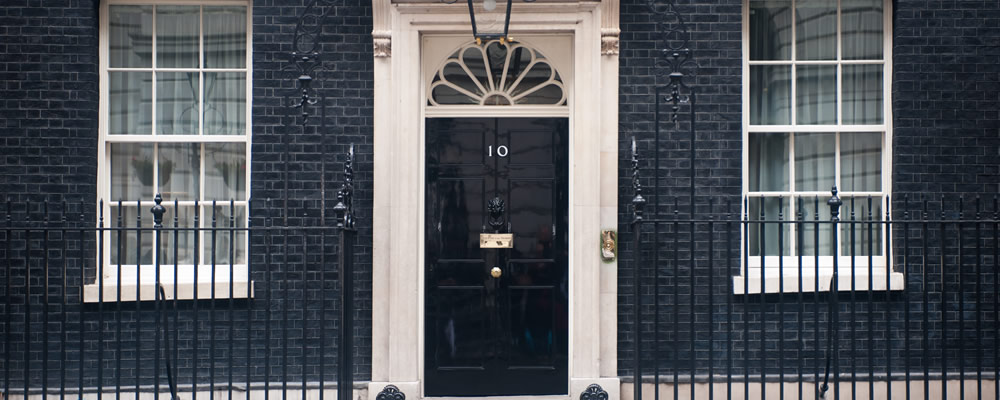Euro Pound Sterling (EUR/GBP) Exchange Rate Edges Higher despite Conservative Majority
The Euro Pound Sterling (EUR/GBP) exchange rate rose on Friday morning after the UK election. The pairing is currently trading at around £0.8355.
The Pound rallied against the Euro overnight after the UK election exit polls showed the Conservatives would secure a majority.
This sent the EUR/GBP exchange rate to its lowest level since July 2016, as Brexit optimism buoyed Sterling.
Boris Johnson’s Conservatives gained enough seats to give them a clear majority and the deadlock in parliament now over. This could be the largest victory for the party since the 1980s.
In a note to clients, ING analysts wrote:
‘For Brexit, this all means that Johnson’s deal will be ratified, most likely allowing the UK to leave the EU at the end of January.
‘But more importantly, it could give the prime minister the political breathing room to ask for an extension to the transition period.’
However, the UK currency was left under pressure on Friday as while investors remain optimistic, the uncertainty is far from over.
While the level of uncertainty has shrunk, with a trade deal deadline of December 2020, it could increase once again.
Commenting on this, MUFG analysts wrote in a note to clients:
‘There is a risk of some disappointment if businesses continue to hold back on spending until they have more clarity on the future trading relationship.’
Germany 2020 Growth Forecasts Downgraded
The Euro rose against the Pound as the UK currency fell back after significant gains overnight thanks to predictions of a Tory majority.
Meanwhile, Germany’s Bundesbank revealed that the German economy will face another sluggish year.
In its biannual report, real GDP growth is forecast to increase by 0.6% and household spending power is expected to shrink.
In a statement, the bank noted:
‘Growth in domestic demand will probably not be as dynamic as it was during the boom period of previous years.
‘This is due mainly to households’ real disposable income, which fell primarily on the back of significant slowdown in employment growth.
‘For economic growth and, to a lesser extent, for the rate of inflation, the risks are tilted to the downside as things stand today.’
Euro Pound Outlook: Will GBP Claw Back Losses?
Looking to the start of next week, the Euro (EUR) could suffer further losses against the Pound (GBP) following the release of Germany’s PMI data.
If the bloc’s largest economy sees flash manufacturing slump further than expected into contraction, the single currency will fall.
Meanwhile, Brexit optimism and better than expected flash UK PMIs could see Sterling claw back some of Friday’s losses.
If UK manufacturing edges above 50, and out of contraction in December, the Euro Pound (EUR/GBP) exchange rate will likely fall.
